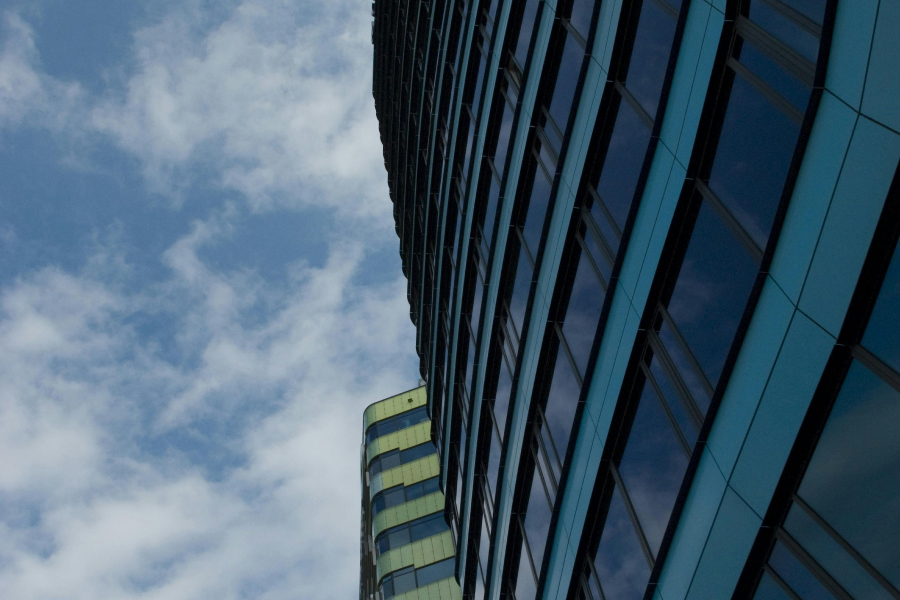3 minute read
Web Server Location and SEO
Search engine optimization, or SEO, is a crucial aspect of any website’s success. It involves optimizing the content, keywords, and structure of a website to improve its visibility on search engine results pages (SERPs). An often overlooked factor in SEO is the geographic location of a website’s web server. Many website owners wonder if the physical location of their web server can affect their SEO. In this blog article we analyze the effects of the geographical location of a web server on SEO.
Let’s first understand what a web server is and how it affects the performance of a website. A web server is a computer that hosts websites and serves their content to users who visit them. When a user enters the URL of a website, their browser sends a request to the website’s server and the server responds by delivering the desired web page. The speed and availability of a server can affect a website’s performance, user experience, and ultimately SEO. The geographic location of a web server can affect its accessibility and loading time for users in different parts of the world. Websites hosted on servers far from your target audience may have significantly longer loading times, leading to a poor user experience. This can result in a high bounce rate, which can negatively affect SEO. Search engines like Google prioritize user experience and slow-loading websites may not rank well in SERPs.
Additionally, the physical location of a web server can also affect website speed. The farther the user is from the server, the longer it will take for data to travel from the server to the user’s device. This can slow down website loading speed, which affects SEO rankings. Search engines like Google consider website speed as one of the ranking factors, and a slow website may not rank well in SERPs. The location of a web server can also affect a website’s local SEO. Local SEO focuses on optimizing a website for a specific geographic area. If a website’s server is located in another country, it will be a challenge to rank for local searches in that area. Search engines use a website’s server location as a signal to determine its relevance to a particular region.
In conclusion, the geographic location of a website’s web server can affect SEO. The physical location of a web server can affect website speed, user experience, and local SEO. Website owners should consider hosting their website on a server that is closer to their target audience for better SEO results. Additionally, it is also possible to optimize website speed and user experience.

